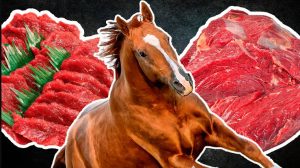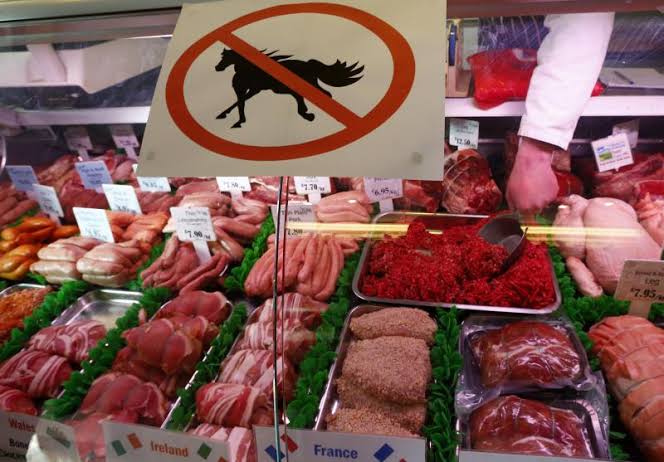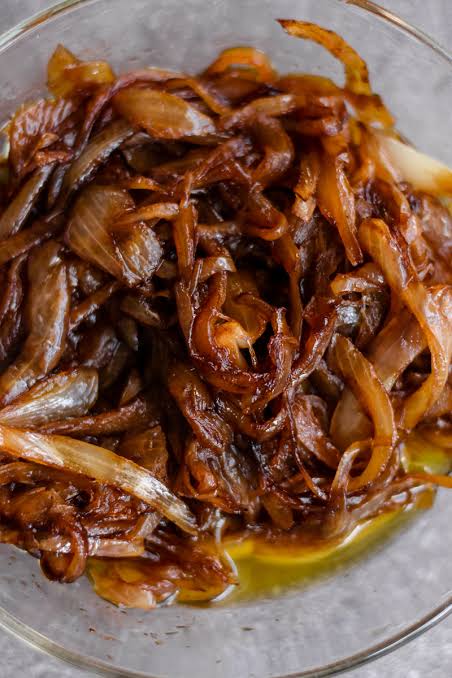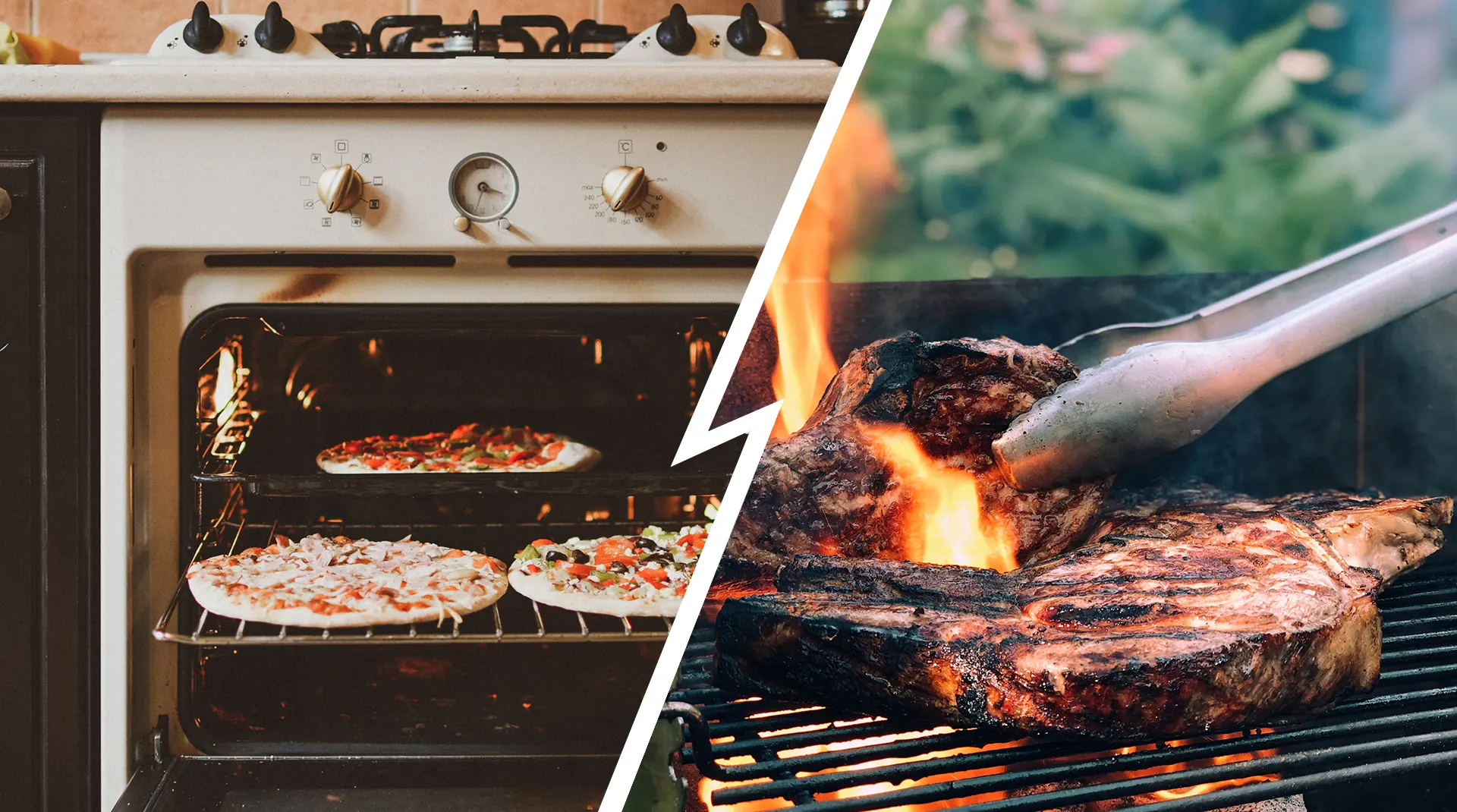Why horse meat is considered to be bad for you
Throughout history, the horse has been an indispensable partner to humans, shaping our exploration, economy, and way of life in profound ways. Their utility, power, and symbolic importance remain significant even in our modern, mechanized world.
Uses of Horses
The horse is used for these major reasons
1. Transportation uses
2. Agricultural uses
3. Sports and Entertainment uses
4. Therapeutic reasons
5. Food purpose
Transportation Uses
Horses are used to transport individuals from one place to the other. They also transport or carry agricultural foods from one place to the other. There are historical indications that horses were used to transport dead bodies to the place of burial and sick people away from the community.
Agricultural Uses
Horses are used to pull plows and other farm equipment to cultivate land. Also Horses are used to power machinery like mills and pumps.
Sports and Entertainment Uses
Horse are used for Horse racing sports like, flat racing, steeplechase, and harness racing. It is also used for events like barrel racing, roping, and bronco riding showcase the skill of horse and rider. Horses are used for polo (a team sport played on horseback using mallets to hit a ball)
Therapeutic Uses
Interestingly, Horses are used for therapeutic ridings, which implies that horses are used in physical, occupational, and psychological therapy programs. Furthermore, interactions with horses helps in improving mental, physical, social, and emotional well-being. This is called Equine-assisted activities.
Food/Other purposes
Horse can be bred and sold. Horse meat can also serve as food in some countires.

Why horse meat is considered to be bad for you
In some parts of the world, such as Central Asia, parts of Europe and parts of Africa, horse meat is more commonly consumed and accepted as a food source. The view that horses shouldn’t be eaten or seen as bad or undesirable is heavily influenced by cultural and regional factors.
Also, historically some people tend to avoid eating both Horses and Donkeys because they are the major sources of carrying the dead to place of burial. Those days, there were lots of incurable sicknesses that kill people, which includes leprosy, flu e.t.c. Some of the victims or the dead bodies of the victims of these dangerous incurable diseases are transported via these means thereby stamping an indelible trauma to many countries and as such making it undesirable for consumption.
The reasons below are why horse meat can be said to be bad for consumption in some parts of the world
There are indications that horses are exposed certain contaminants, like phenylbutazone (a pain medication used in horses) and so many other drugs and chemicals that can be harmful to humans.
Some countries banned consuming of horse meat because some veterinary drugs that is used to raised horse for meat is banned or tightly restricted. This is because of the effect of those drugs in the meat that could be harmful to human health. This control process can be challenging though.
In so many Western countries, consuming horse meat can be seen as unethical or taboo because horses are regard as human companion or helper and not livestock.
Some religious and cultural groups, such as Hindus, have strong cultural aversions to eating horse meat.
No doubt horse meat is generally nutritious and also contains high level of protein and low fat, it may not have proportionate acceptance with other red meats such as beef, pork, lamb, e.t.c.
Summary
This article is only narrowed down to Why horse meat is considered to be bad for you. But that doesn’t mean everyone should desists from consuming it. Undesirable consumption of horse meat is chiefly influenced by culture, religion, personal assumptions, historical uses of horses, countries’ regulations and human perceptions of horse as man’s helper.



